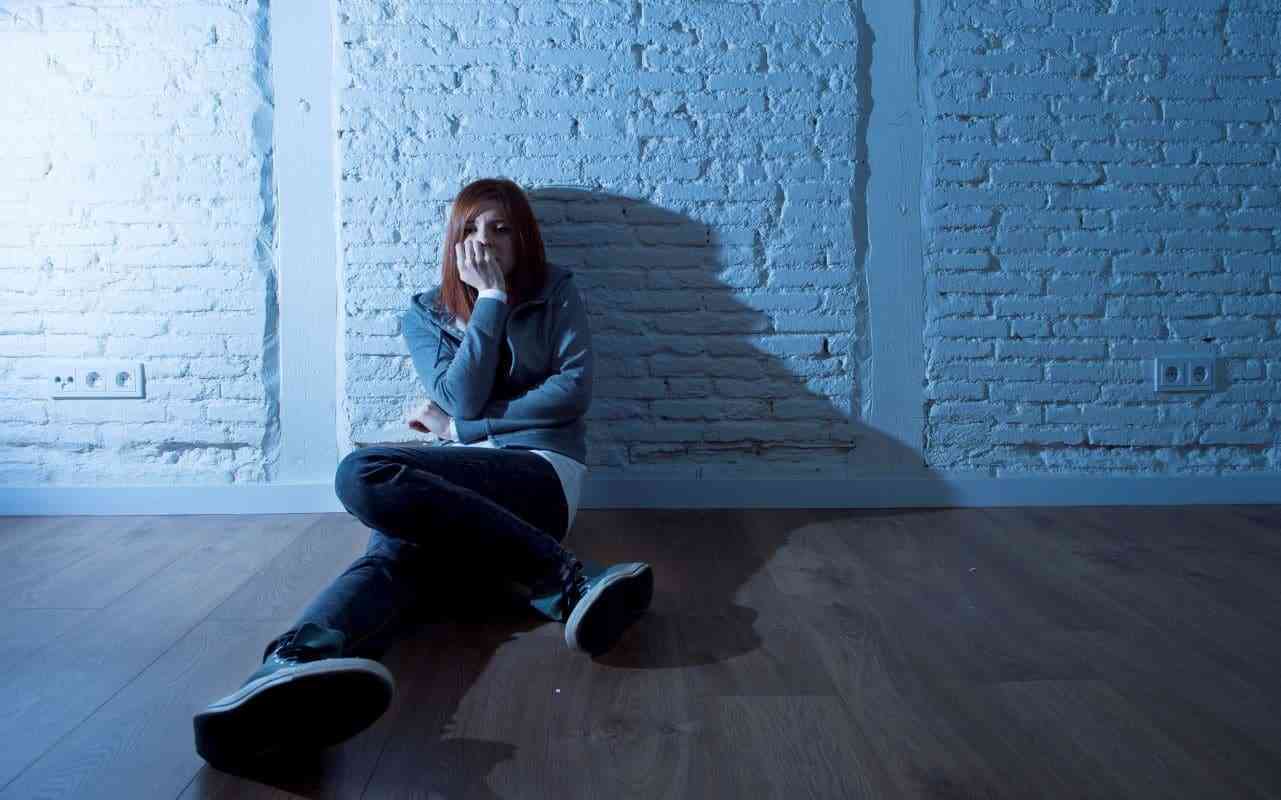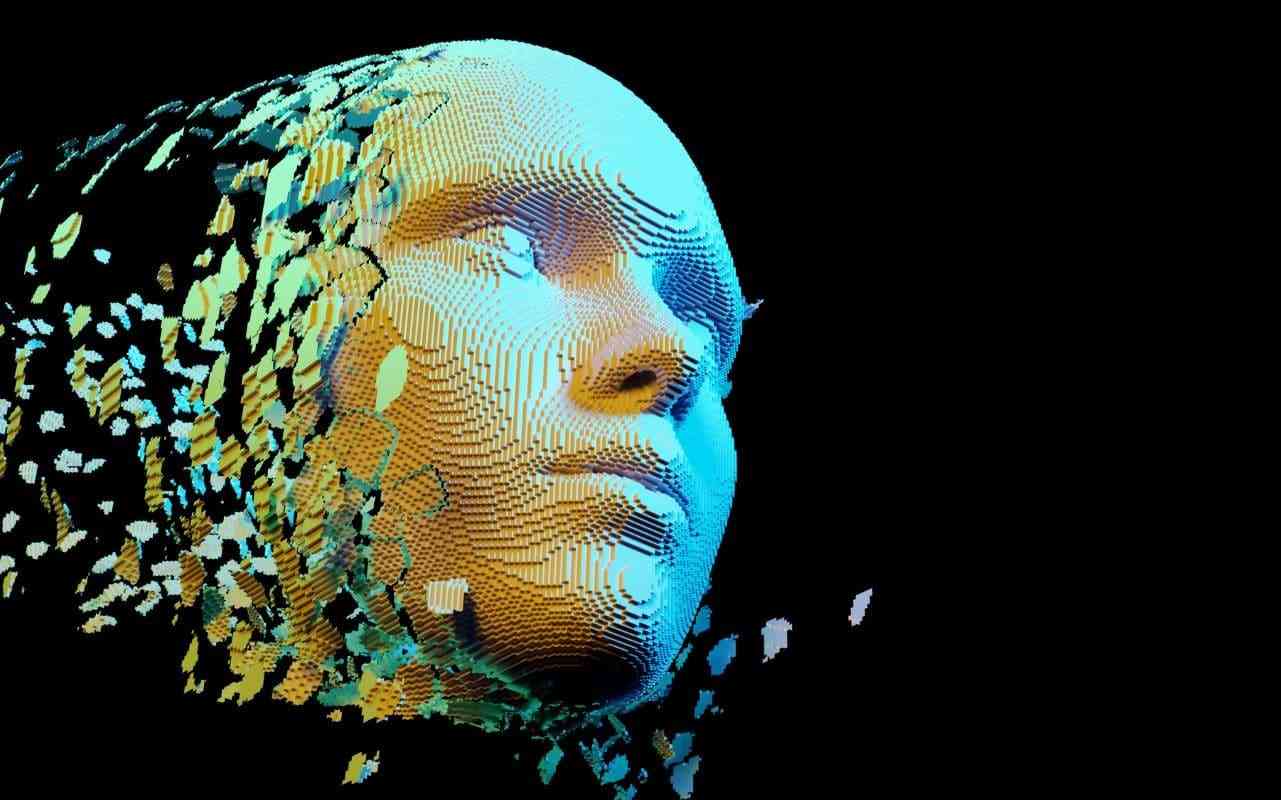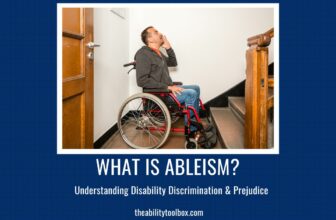
During the teenage years, adolescents experience a variety of mood swings, many of which are related to hormones and other changes within their growing bodies. Sometimes, however, these moods can indicate something far more sinister and even dangerous. Many children exhibit symptoms of depression or ADHD (Attention Deficit Hyperactivity Disorder), but there is no cause for alarm; in other cases, a fundamental underlying problem affects the child’s quality of life, presenting challenges they may struggle to overcome.
Bipolar disorder is tough to diagnose, as young people with it often present symptoms reminiscent of depression, anxiety, or ADHD. Despite the difficulty, skilled health experts can detect bipolar symptoms in teens, making it possible to design an effective treatment plan.
What Are the Symptoms of Bipolar Disorder?
People with bipolar disorder often experience emotions that flit from one end of the spectrum to the other, as referenced in the name itself. Bipolar means “two poles,” referencing opposite extremes, much like how the North Pole and the South Pole are at opposite ends of the globe. In this case, one pole is melancholy behavior, and the other is euphoric enthusiasm.
Depressive Episodes
Periods of prolonged sadness are known as depressive episodes. When considering the symptoms, it is easy to understand why many parents (and even some professionals) may believe that the teen has depression. Sometimes medications prescribed to handle depression can improve bipolar disorder; other times, they are ineffective.
When determining whether your teen has bipolar disorder or not, consider the following symptoms that may occur during depressive episodes:
- Feelings of extreme sadness and general unhappiness
- Changes in eating habits often result in weight gain or loss
- May express negative comments about themselves or exhibit low self-esteem in general
- Sleep noticeably more often or less than is routine
- Do not enjoy activities they usually do
- Spend less time socializing with friends or going outside
- Lack of motivation
- Experience unusual pain, such as head or stomach aches
- Expresses a desire to harm themselves or makes comments about dying or suicide
Remember, any teen can exhibit these traits occasionally, so just because your child behaves this way does not mean they have depression or bipolar disorder. However, if you detect several of these similar symptoms or others that occur frequently or over more extended periods, you may wish to investigate further or consult a medical or mental health professional.
Anytime your teen comments about self-harm or suicide, you should take this behavior seriously. If there is an emergency or you need immediate advice or assistance, you can dial 988 for the Suicide and Crisis Hotline.
Manic Episodes
A significant difference between depression and bipolar disorder is that the former is a monopolar disorder. Bipolar, by nature, must exhibit a second type of behavior, often called “mania.” In contrast with depressive periods, manic episodes are characterized by incredible amounts of energy, often so much that it becomes difficult for the teen to remain still or focused.
This is a major reason some bipolar teens are misdiagnosed as having ADHD since this side of the coin shares quite a few symptoms with it. Here are some examples of behaviors you may notice if your child is experiencing a manic period:
- Unusual hyperactivity
- Inability to pay attention or focus
- Speaking more rapidly than usual with quick shifts from topic to topic
- Extreme happiness
- Immature or silly behavior, perhaps similar to someone younger
- Experiences sleeping problems but is energetic despite a deficit
- Special interest in risky or sexual topics or behavior
- Exhibit traits of an inflated ego or that they feel invincible or all-powerful
- Demonstrate poor judgment
Bipolar Cycles
Frequently manic behavior is followed by a corresponding period of depression. This “one after the other” occurrence is known as a bipolar “cycle.” Each person with bipolar disorder is different – some have a single cycle over several years, while others may experience one or more in a given day. Periods at either pole can last a day, weeks, or even months before cycling.
When someone diagnosed with bipolar disorder cycles at least four times within a given year, that is called “rapid cycling.” Fortunately, these roller coaster mood swings are not permanent; about half of the people who have the disorder experience rapid cycling at some time or another.
Triggers
While there may not always be an apparent reason behind what triggers the advent of a bipolar episode, there are a few instances that increase the likelihood that one will take place:
- The loss of a loved one or beloved pet
- Fights or arguments with family or friends
- The end of a relationship
- Some medications, including antidepressants
- Hormones and menstruation
- Pregnancy
- Drugs or alcohol
- Not enough or too much sleep
- New activities or experiences
- Increased stress, such as financial or emotional stimuli
- The change in seasons (mania is more common in spring or summer, while fall or winter can increase depressive episodes)
Treatment Options
If your teen is diagnosed with bipolar disorder, adolescent mental health services can provide treatment and resources. Your teen's doctor may consider medication to help their moods stabilize. They may also benefit from Cognitive Behavior Therapy, which teaches calming and self-regulation techniques.
Other alternatives include family therapy to help develop an atmosphere conducive to healing and treatment and provide invaluable insights on how family members can participate in treatment. They may also choose Interpersonal and Social Rhythm Therapy (ISRT) to help the child develop a consistent routine, including meal times and sleep schedules.
The Bottom Line
If your teen seems to experience cycles shifting between the two moods, it could indicate that your child is experiencing bipolar disorder. If your child has been diagnosed with either ADHD or depression in the past, but you have noticed the shift in behaviors between the two poles, bipolar disorder may be the true culprit.
Regardless of the situation, for your child’s sake, it is a good idea to have a physician or other healthcare expert evaluate them to perform diagnostic examinations. If the professional does diagnose your teen, they will develop a treatment plan to help them face these challenges and improve their quality of life.
Follow me down the rabbit hole!
I'm Alice and I live with a dizzying assortment of invisible disabilities, including ADHD and fibromyalgia. I write to raise awareness and end the stigma surrounding mental and chronic illnesses of all kinds.
Dr. Wilson graduated from Rosalind Franklin University of Medicine and Science and completed her residency in Internal Medicine at Advocate Good Shepherd Hospital in Barrington, IL. Dr. Wilson specializes in providing culturally competent and trauma-informed care to patients with physical disabilities. In addition to her private practice, she works as a science communicator, teaching health literacy to middle school and high school students in her local school district.









